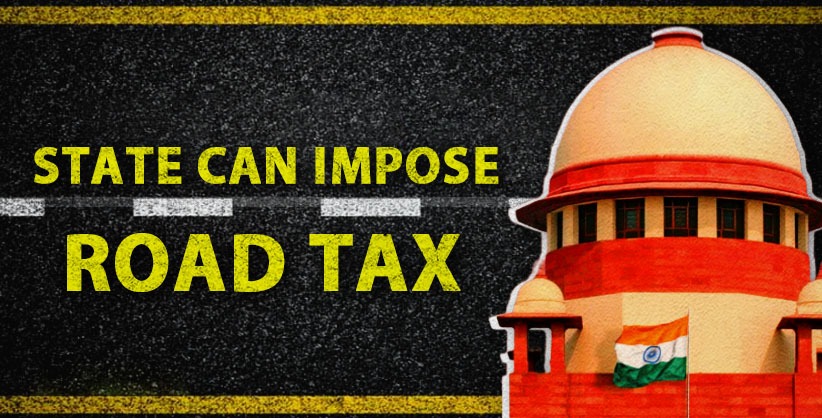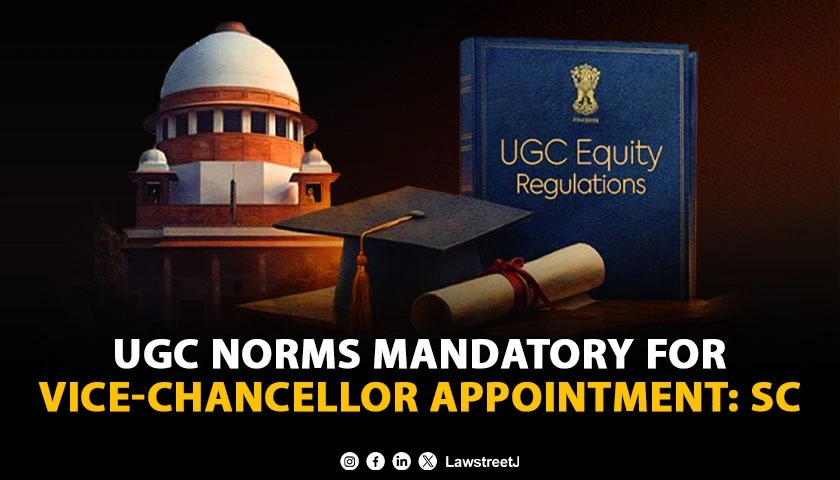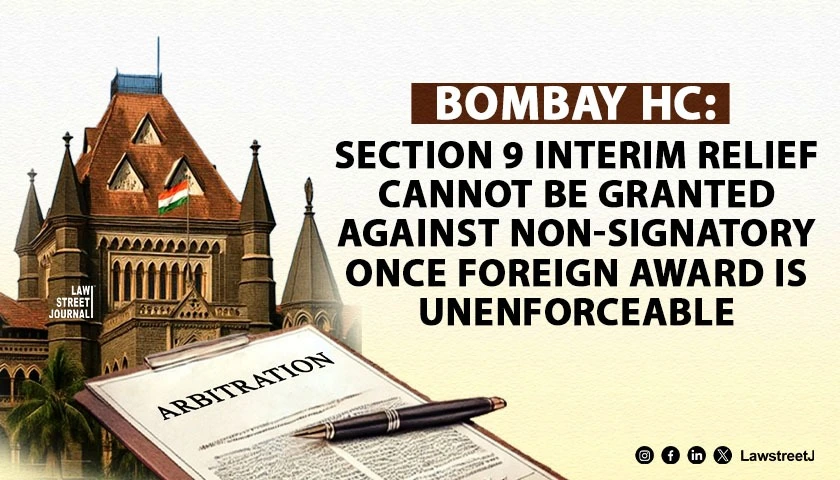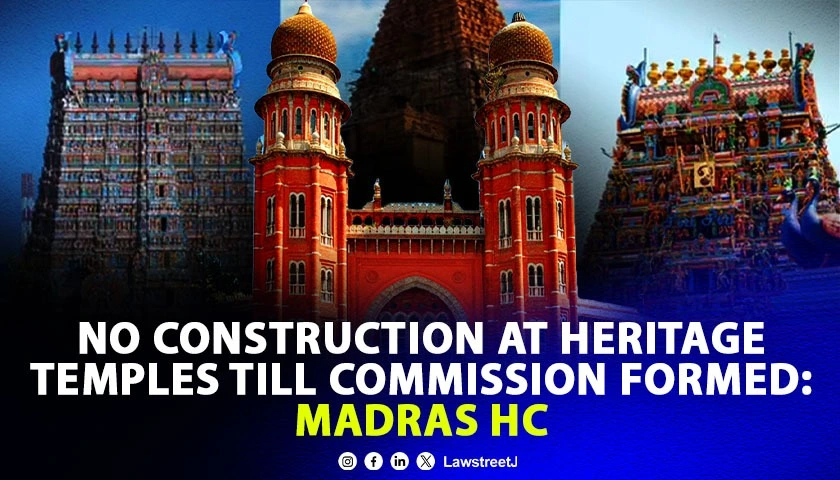NEW DELHI: In a significant decision on power of States, the Supreme Court on Friday ruled that a state government can impose lump sum road tax on all public transport vehicles to augment infrastructure facilities.
The top court said such a levy is regulatory and compensatory in nature and, therefore, within the competence of a state legislature.
A bench of Justices Sanjay Kishan Kaul, Abhay S Oka and Vikram Nath declared that state legislatures have not only the power to make laws on the taxation to be imposed on motor vehicles but also the power to lay down principles on which such taxes are to be levied.
The top court set aside the Himachal Pradesh High Courts judgment which had quashed the state governments notifications issued in year 2000 for levy of lump sum taxes, holding that it could not be levied on general assessment but as per actual default.
The HC had also ruled that the imposition of additional special road tax on transport vehicle used without a valid permit is not a tax but a penalty and is ultra vires the legislative powers of the state legislature under Entries 56 and 57 of List II (the State List) of the Seventh Schedule to the Constitution.
The court noted, "The offending section was incorporated with a view to augment more revenue in order to construct and maintain the roads of the state which uses a large chunk of its finances being a state having a completely hilly terrain."
The court said that in the absence of any principles having been laid down by the Parliament, no fault could be found in the law enacted by legislature. It said such levy is not manifestly unjust or glaringly unconstitutional.
The bench also noted, the objects and reasons for bringing in the amendment was clearly compensatory in nature as it was to augment funds and finance for construction, maintenance, repair and upkeep of the roads of HP which has a totally hilly terrain.
Imposition of such additional special road tax was only to keep a check or a discipline on the transport vehicle operators... This could work as a deterrent for the transport operators to not commit any breach and to follow the mandate of the law. Such additional special road tax could be termed as regulatory in nature so as to regulate other statutory provisions being implemented and strictly followed, it added.
Observing that there is no repugnancy with the provisions in the central enactment, the bench said that the state legislatures have the power to levy taxes not only under Entries 56 and 57 but also to lay down the principles under Entry 35 of List III.
"No repugnancy of any kind could be alleged or pleaded or proved in the absence of there being any central law laying down principles of levy of tax," the 58-page judgement authored by Justice Vikram Nath stated.
The bench also cited a previous judgement, which stated that matters of economic policy should be best left to the wisdom of the legislature. Further, the court went on to state that in the context of a changed economic scenario the expertise of the people dealing with the subject should not be lightly interfered with. It was also observed that while dealing with economic legislation, this court would interfere only in those few cases where the view reflected in the legislation is not possible to be taken at all.







